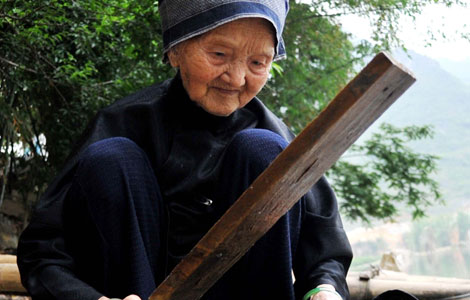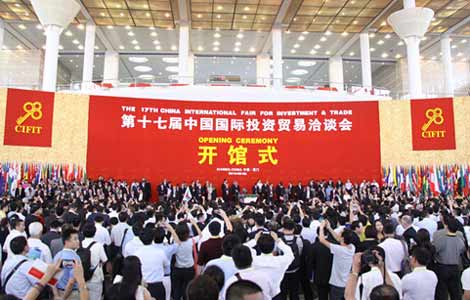Cure sought for medical sector's ills
Updated: 2013-09-12 07:56
By He Na and Jiang Xueqing in Beijing, and Han Junhong in Changchun (China Daily)
|
|||||||||||
Low hospital investment
Pharmaceutical sales have been rising rapidly in China. Total sales reached 600 billion yuan last year, and average annual growth has exceeded 20 percent during the past five years, compared with 0.3 percent in the developed markets, according to statistics from the industry researcher IMS Health.
"Most hospitals follow their own bidding rules when deciding which drugs to buy and prescribe. When drugs are of similar quality and effectiveness, the one with the lower price will always win the bid, but there are no strict rules demanding that hospitals must prescribe those low-priced drugs to patients," said Guo Fanli, an analyst at China Investment Consulting Co.
"Under the system where hospital expenditure is covered by medical revenues, doctors prescribe expensive medicines so they can rake off a decent kickback. The manufacturers overinflate the market prices of their drugs to leave more room for discounts and to ensure the doctors receive good kickbacks. Expensive drugs also increase hospital revenues because the patients pay so much for them. That's why expensive drugs sell better than cheap ones in hospitals," he said.
Zhang said a lack of government investment in medical institutions and the low salaries earned by Chinese doctors, compared with their Western peers, simply exacerbate the problem.
In 2011, China's total healthcare expenditure was 2.43 trillion yuan, equivalent to just 5.15 percent of gross domestic product, according to statistics from the National Health and Family Planning Commission.
Generally speaking, government funding covers around 20 percent of a public hospital's annual expenditure, but the percentage varies from one hospital to another, said Zhang.
During a previous interview with China Daily, Chen Zhongqiang, professor at the orthopedic department of Peking University Third Hospital, said government funding amounts to just 5 percent of the hospital's annual revenue which, in 2011, was 2.25 billion yuan.
"I hope the bribery scandals will prompt the government to accelerate healthcare reform by increasing investment in public hospitals and raising doctors' salaries to a reasonable level that matches their skills and hard work," said Zhang.
Guo Fanli said the GSK case is unlikely to affect the development of China's medical industry. On the contrary, the case will boost medical companies' share prices because the warning the government has delivered will force some manufacturers to cease illegal competition, which would help to clean up the competitive environment.
Related Stories
China cracks down on medical industry bribery 2012-02-18 14:36
Watchdog may blacklist some pharmaceutical companies 2012-06-01 02:45
GSK scandal punishment must act as deterrent 2013-09-09 17:22
Police reveals more about GSK China's violations 2013-09-03 13:03
Today's Top News
Wang tops Hurun wealthy list
Foreign Ministry dismisses Philippine accusations
Russia proposal likely to avert US airstrikes
EC: Financial recovery 'within sight'
Li stresses transformation of economy
Ties with Kyrgyzstan upgraded
Tailored sermons proposed
China's global firms face 'trust gap'
Hot Topics
Lunar probe , China growth forecasts, Emission rules get tougher, China seen through 'colored lens', International board,
Editor's Picks

|

|

|

|

|

|





